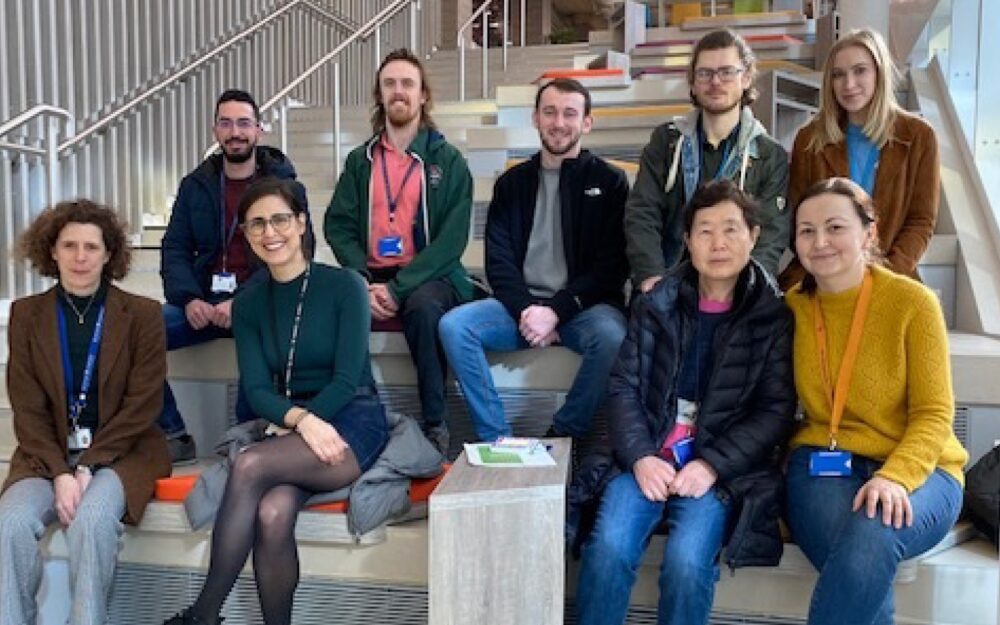

Acute respiratory distress syndrome (ARDS) is a life-threatening condition for which no effective therapies currently exist.
ARDS is the leading cause of respiratory failure in ICU patients who require mechanical ventilation. ARDS has a high mortality rate (around 45%) and survivors often suffer long term problems.
Most recently, the SARS-CoV-2 pandemic has resulted in large numbers of patients presenting with COVID-19 induced ARDS. As a consequence, there is a significant unmet need and, thus, commercial opportunity, for effective pharmacotherapies that can reduce ARDS mortality.
ARDS is caused by an acute inflammatory response in the lungs which leads to hypoxiaemia. It is believed that hypoxic conditions alter the function and survival of innate cells, including neutrophils, resulting in a hyperinflammatory response that is damaging.
Neutrophils sense oxygen and respond to changes in oxygenation via the the hypoxia inducible factor (HIF) pathway, which involves regulation of the transcription factor by von Hippel Lindau protein and a group of oxygen sensitive hydroxylases – prolyl hydroxylase domain (PHD) containing enzymes and factor inhibiting HIF (FIH). Importantly, hypoxia is a profound neutrophil survival stimulus and these cells have been shown to be detrimental in ARDS.

Dr Ananda Mirchandani and Professor Sarah Walmsley have collaborated with other researchers at the University of Edinburgh to show that it is possible to use Colony Stimulating Factor 1 (CSF-1) as an effective therapy for the treatment of ARDS.
Professor Walmsley's research focuses on defining how oxygen sensing and metabolic regulation influence phagocyte host defence. More specifically through a better understanding of the mechanisms by which hypoxia regulates key neutrophil functions and survival responses, she is validating the therapeutic potential of selective manipulation of these pathways in patients with chronic neutrophil-dominant inflammatory lung diseases.
The Edinburgh researchers have shown that CSF-1 can be used to increase mononuclear cell number, and/or induce a pro-restorative phenotype in mononuclear cells for use in the treatment of lung disease such as ARDS, by facilitating neutrophil clearance and driving lung repair.
CSF-1 presents a short-term intervention which would be targeted to clearance of the aberrant neutrophil response, without impairing effective host pathogen responses, a significant challenge for non-selective immune suppressing therapies.
Discover how you can work with the University’s world-class inflammation expertise and how to license this technology or collaborate on further research into novel treatments for lung disease such as ARDS.

We make it easy to access the University of Edinburgh’s multi-disciplinary expertise by matching your needs to the latest research, new technologies and world-class facilities.